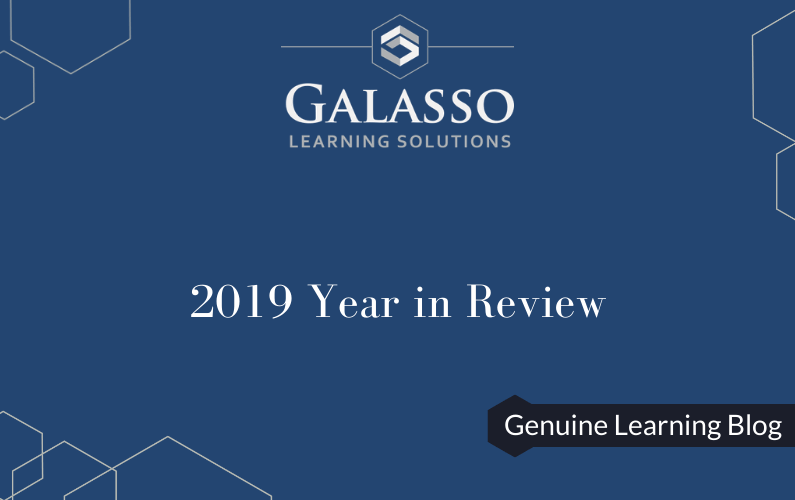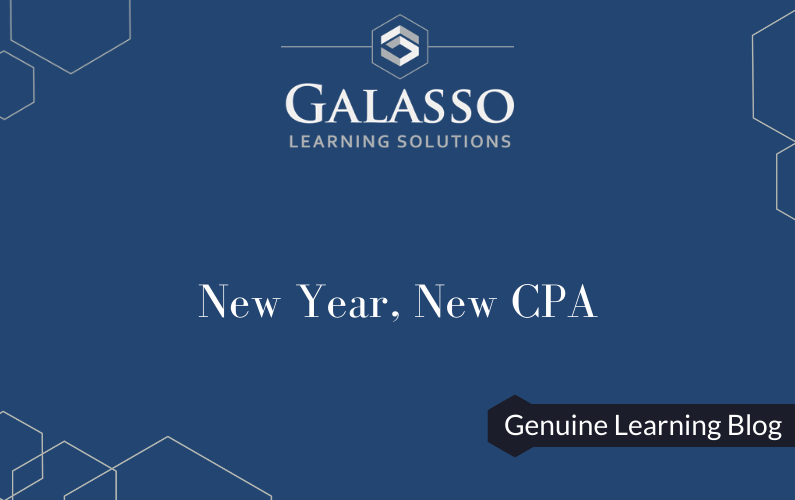2019 Year in Review
2019 was a year of change. FASB issued 12 ASUs. The AICPA issued 5 SASes and 2 SSAEs plus a variety of technical updates. GASB issued a GASB Statement and 3 Implementation Guides. This blog gives a quick overview of each item issued to close 2019 and welcome 2020!
Proposed SAS: Amendments to AU-C Sections 725, 730, 930, 935, and 940
In December, the AICPA Auditing Standards Board proposed amendments to conform sections of its codification to standards issued earlier in the year on auditor reporting (SAS 134) and the auditor’s responsibilities relating to other information included in annual reports (SAS 137). The ASB also proposed amending certain AU-C sections (particularly AU-C Section 935 – Compliance Audits) to address practice issues that have arisen since they were revised. This proposal represents a continuation of the efforts to improve transparency into the basis for the auditor’s opinion and to further clarify the responsibilities of both management and auditors. Comments are due February 10th.
New Year, New CPA
Happy New Year AND New Decade (although some are debating that fact!). In honor of the new decade, we decided to kick off our first blog in 2020 on changes coming to the CPA profession. We start with a look at a proposal to change the CPA exam. NASBA and the AICPA have proposed a model similar to engineers to incorporate a core exam and then a specialty while everyone would receive the same CPA license. We then turn our attention to the Dynamic Audit Solution that the AICPA and its Major Firms Group are creating to disrupt the audit profession. We close with a look at the CGMA Competency Framework for those in industry on the skills needed to be successful and the changes coming to the future of finance. This decade will be filled with disruption, innovation and progress. We wish you a decade filled with learning, development, and growth!
FASB Codification Improvements
FASB has issued a new set of Codification Improvements, File Reference No. 2019-800. The proposal was issued on November 26, 2019 and comments are due December 26, 2019. Codification improvements are a standard project that is always on the FASB’s agenda to fix minor issues with Codification. There are three sections in the proposal – Section A which removes references to Concepts Statements; Section B which includes all disclosure guidance in Section 50 and Section C that contains various minor edits. Most of these changes should not have a material impact on entities.
GASB Implementation Guidance Update 2020 Exposure Draft
GASB proposed the Implementation Guidance Update—2020 ED on November 20th with comments due by January 31, 2020. The IG proposal includes 23 new questions and 5 updated questions. Topics range from the Financial Reporting Entity, Investment Pools, and Fiduciary Activities to Leases, AROs and Conduit Debt. The question and answer document addresses many of the implementation issues impacting governments for the most recent GASB standards.
ASB Strategy and Work Plan
The AICPA’s Auditing Standards Board has issued their Proposed strategy and work plan. Their goal is get feedback on their mission, work plan and strategic initiatives. The proposal includes their plan for the next two years. Comments are due January 31, 2020.
PEEC Strategy and Work Plan
The AICPA’s Professional Ethics Executive Committee (PEEC) is asking for feedback on future standard setting items. They have identified potential issues and practice areas where either updated standards are needed or additional member education. They are looking for your input to determine whether they are on the right track. Did they miss anything? Anything on there not really necessary? It’s your opportunity to help set the agenda for the committee that writes the Code of Professional Conduct. Comments are due by February 28, 2020.
FASB Proposal – Codification Improvements to Hedge Accounting
FASB has issued a proposal addressing implementation issues for its new hedge accounting rule. This technical correction addresses issues related to documentation, dual hedges and provides clarifications that forecasted transaction and hedged risk are distinct. Comments are due January 13, 2020.
Disclaimer: The information contained within this blog is provided for informational purposes only. Viewing this material does not qualify for CPE credit. Additionally, this general knowledge is not intended to substitute for obtaining accounting, legal, or financial advice from a professional accountant with specific knowledge of your organization. Finally, watching this blog and/or subscribing to the newsletter do not create an accountant-client relationship.











